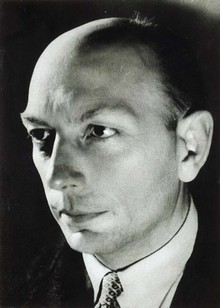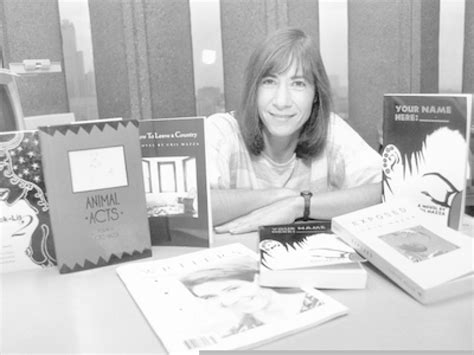A Quote by Ruskin Bond
I keep a journal, like many writers do. It helps in writing a story, as you can use an incident from the journal and put in your story.
Related Quotes
Now the truth is, writing is a great way to deal with a lot of difficult emotional issues. It can be very therapeutic, but that's best done in your journal, or on your blog if you're an exhibitionist. Trying to put a bunch of *specific* stuff from your personal life into your story usually just isn't appropriate unless you're writing a memoir or a personal essay or something of the sort.
Not keep a journal! How are your absent cousins to understand the tenor of your life in Bath without one? How are the civilities and compliments of every day to be related as they ought to be, unless noted down every evening in a journal? How are your various dresses to be remembered, and the particular state of your complexion, and curl of your hair to be described in all their diversities, without having constant recourse to a journal?
A couple of pieces of advice for the kids who are serious about writing are: first of all, to read everything you can get your hands on so you can become familiar with different forms of writing: fiction, non-fiction, poetry, journalism. That's very important. And also keep a journal. Not so much, because it's good writing practice. Although it is, but more because it's a wonderful source of story starters.
Superficial to understand the journal as just a receptable for one's private, secret thoughts - like a confidante who is deaf, dumb, and illiterate. In the journal I do not just express myself more openly than I could to any person; I create myself. ... The journal is a vehicle for my sense of selfhood. It represents me as emotionally and spiritually independent. Therefore (alas) it does not simply record my actual, daily life but rather - in many cases - offers an alternative to it.
I keep threatening to keep a formal journal, but whenever I start one it instantly becomes an exercise in self-consciousness. Instead of a journal I manage to have dozens of notebooks with bits and pieces of stories, poems, and notes. Almost every thing I do has its beginning in a notebook of some sort, usually written on a bus or train.
Writing something down and processing it, sitting with a text and a story, editing and rewriting new drafts - that entire process helps clarify something for myself. Depending on the person, the act of trying to tell your story helps you understand yourself better, helps you come to terms with something that happened.



































